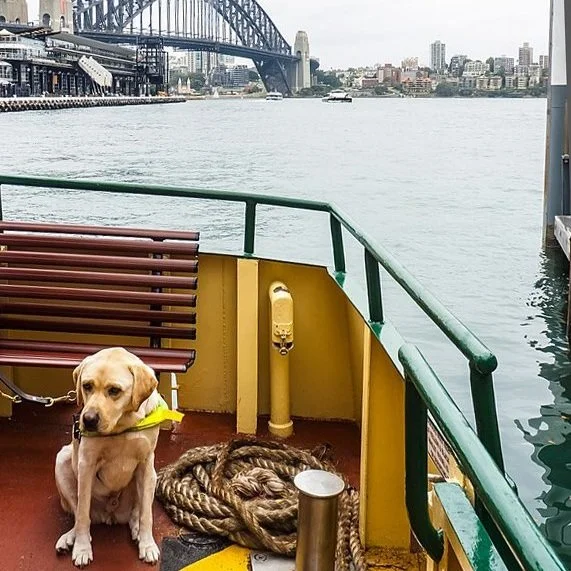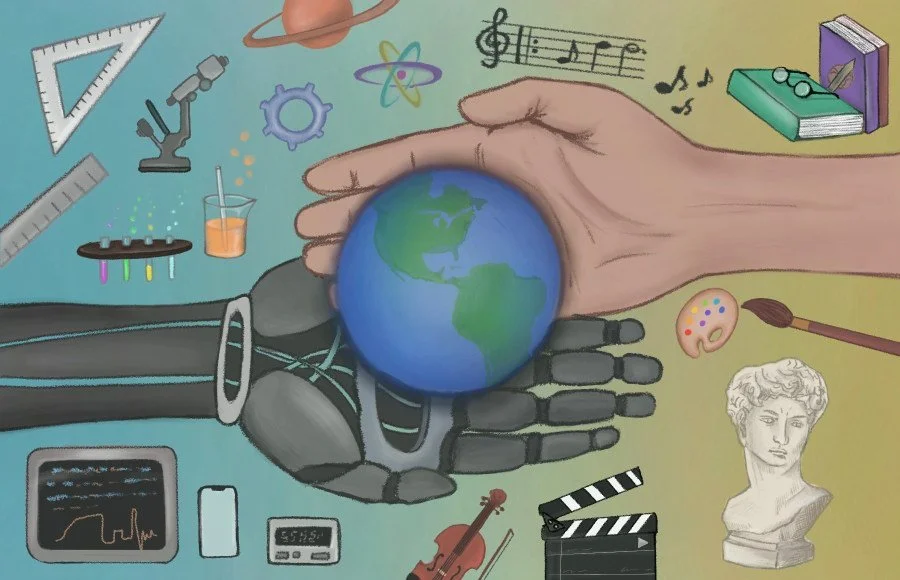Australians with disability and their families are well aware that living with disability can be very expensive – and yet our national poverty statistics and indicators do not take account of the hidden costs and earning barriers of being disabled in Australia. In their new article for a special issue of the Australian Economic Review, Sue Olney and Sophie Yates discuss the links between disability and poverty. They also explore why we need to think about using both monetary and non-monetary indicators (drawing on the knowledge of people with lived experience of both disability and poverty) to capture the full picture of inequality between people with and without disability in Australia.
Read MoreShanza Shafeek, fourth-year Law and Arts (Sociology) student at Monash University, discusses Aboriginal and Torres Strait Islander maternal health inequality, some promising initiatives to address it, and urgently needed reforms to boost Indigenous-led and culturally safe models of care.
Read MoreDr Colette Einfeld has recently published Knowledge, Evidence, and Policymaking: Behavioural Sciences in Australia, drawing on her PhD about nudge and behavioural science. Here she explains how she came across the concept of nudging, her increasingly critical approach to the field, and the book’s main arguments.
Read MoreA practical, tested framework for innovation in the NFP space that is grounded in real-world experience, not just theory.
Read MoreIn preparing a submission to the Victorian Government’s Multicultural Review, Good Shepherd staff uncovered rich insights about the experiences of multicultural communities and the role of community services in fostering belonging, equity.
Read MoreIn this post, Karina Harback shows why “Inspire Connections” offers more than just time with horses—it’s a striking example of what becomes possible when communities are empowered to respond creatively to children’s needs. Partly funded by Communities for Children in Southern Tasmania, this equine-facilitated learning program shows how intelligent support can unlock locally driven, strengths-based initiatives. As a teacher and Equine Facilitated Learning Practitioner, Karina continually adapts the program to create a responsive, safe, and relational space where students develop emotional regulation, self-awareness, and confidence—skills often out of reach in traditional classrooms. At its heart, this is a story about what happens when community, care, and connection come together - and why enabling place-based responses is key to supporting all children to thrive.
Read MoreBernadette Black AM, CEO and Founder of SEED Futures, shares her deeply personal journey from teenage motherhood to national systems change advocate. Reflecting on the transformative impact of one woman’s care and belief in her, she makes a powerful case for reimagining the way Australia supports families in their earliest, most vulnerable days. With warmth and urgency, Black argues that kindness must not depend on chance—it must be built into the system. Through SEED Futures and the Incremental Reform Catalogue, she offers a clear, practical path to make that vision real.
Read MoreIn a world where even after-school chess is expected to polish a child’s critical thinking résumé, the pressure to prove every moment's utility has reshaped how we talk about education. But what if children themselves have a different idea? This post by Megan Lang explores how Children’s University challenges narrow definitions of learning, and what happens when we start listening to children’s own accounts of joy, curiosity, and connection beyond the classroom.
Read MoreGiulia Fabris, Policy Advocacy Lead at Health Justice Australia, discusses what is needed to move from recognising persistent social problems to implementing solutions.
Read MoreIn this post, Dr Kathryn Daley, Associate Director, Social Equity Research Centre, RMIT University & Deputy Chairperson, Youth Workers Australia argues for a supportive approach to drug use associated with emotional pain.
Read MoreAhead of the International Day of Families on 15th May, Dr Karen Villanueva and colleagues from the Social Equity Research Centre at RMIT University, along with researchers from the University of South Australia, Murdoch Children’s Research Institute, and the University of Montreal, explore why neighbourhoods matter for young children.
Read MoreOur blog today also considers a crisis - perhaps the biggest social and administrative crisis in recent times- Covid-19. Nicholas Bromfield writes about his latest paper on NDIS’s response, highlighting the important role of people with disabilities co-producing policy successes.
Read More




















